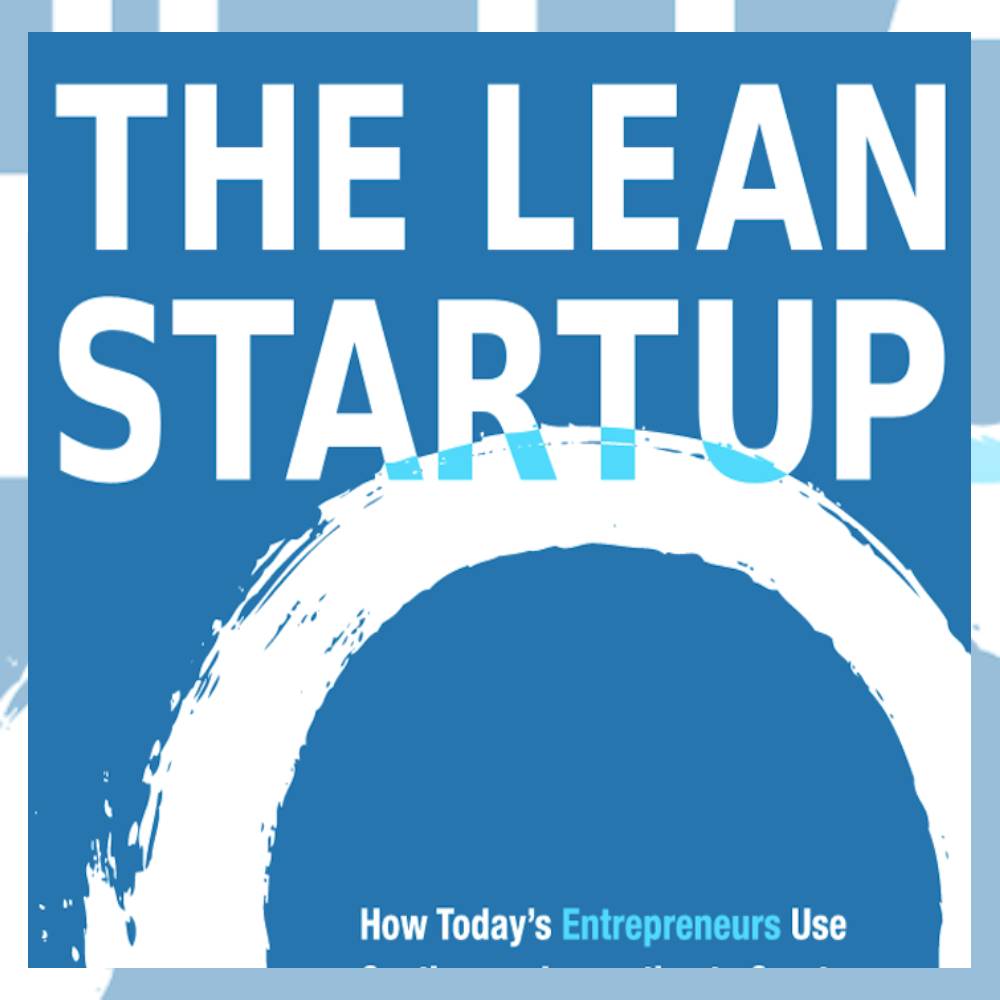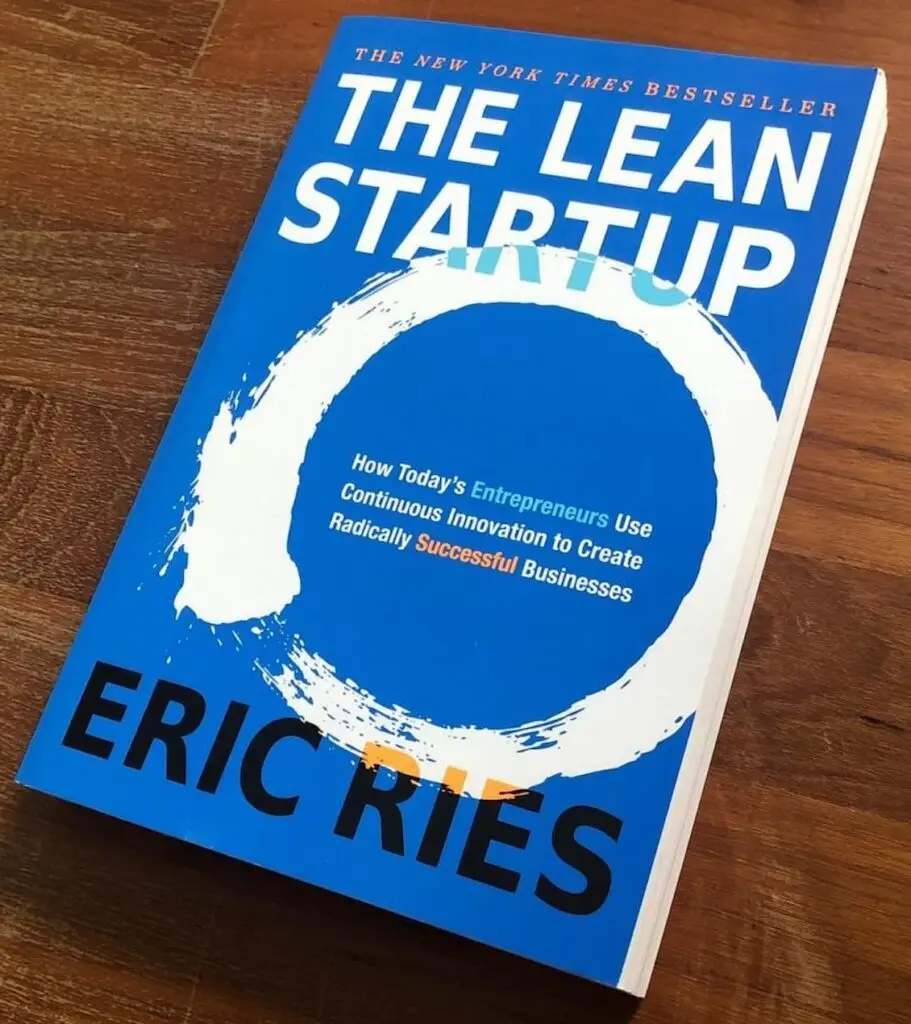In the dynamic world of entrepreneurship, staying ahead requires innovation and adaptability. One book that continues to guide startups toward success is Eric Ries’ “The Lean Startup.” Whether you’re an aspiring entrepreneur or a seasoned business owner, this book should be at the top of your reading list. Here’s why.
Summary of The Lean Startup
“The Lean Startup” isn’t just a book; it’s a methodology that has revolutionized how businesses launch and grow. Eric Ries introduces the lean startup approach, which focuses on rapid prototyping, validated learning, and iterative design. This method helps entrepreneurs avoid the pitfalls of traditional business strategies that often involve extensive planning and significant upfront investments.
Key Concepts in The Lean Startup
- Build-Measure-Learn Feedback Loop: Start with a Minimum Viable Product (MVP) to begin learning as quickly as possible. Test the MVP in the real world, gather data on its performance, and use these insights to make informed decisions about product improvements and pivot strategies.
2. Validated Learning Through Experiments: Instead of extensive planning, run experiments with real or potential clients to observe their reactions. This empirical approach leads to actionable insights and helps validate assumptions about customer needs.
3. Types of MVPs:
- Video MVP: Demonstrates a product concept.
- Concierge MVP: Offers a manual service to understand customer needs.
- Wizard of Oz MVP: Appears fully functional but is manually operated behind the scenes.
4. Engines of Growth: Focus on one of three growth engines:
- Sticky Engine: Prioritizes customer retention and minimizing churn rates.
- Viral Engine: Relies on customers bringing in new users, measured by the viral coefficient.
- Paid Engine: Involves customer acquisition through paid advertising, focusing on metrics like Cost Per Acquisition (CPA) and Lifetime Value (LTV).
5. Pivot or Persevere: Startups must be flexible yet determined. Establish a baseline with an MVP, iterate to improve, and if growth metrics don’t improve significantly, pivot by altering the product, target market, or business model based on what’s been learned.
Why You Should Read The Lean Startup
- Practical Advice: “The Lean Startup” offers actionable guidance that can be immediately applied to any startup.
- Proven Success: The methodology has been adopted by numerous successful companies, from tech giants to innovative small businesses.
- Adaptability: Its principles are versatile and suitable for various industries and contexts.
In conclusion, “The Lean Startup” by Eric Ries is a must-read for anyone involved in launching a new business or product. Its emphasis on efficiency, customer feedback, and iterative development can help you navigate the uncertain waters of entrepreneurship and increase your chances of success. Dive into this book to transform your approach to building a business and stay ahead in the competitive landscape. Happy reading!


Leave a Reply